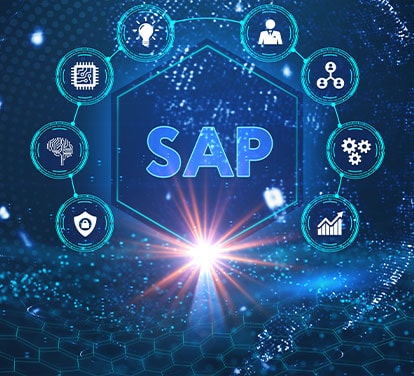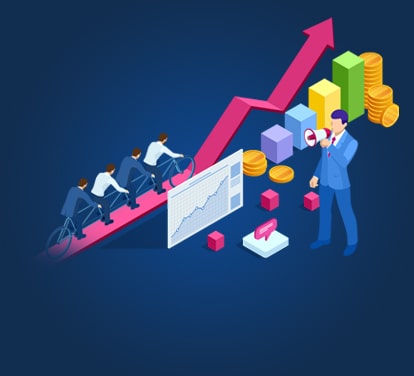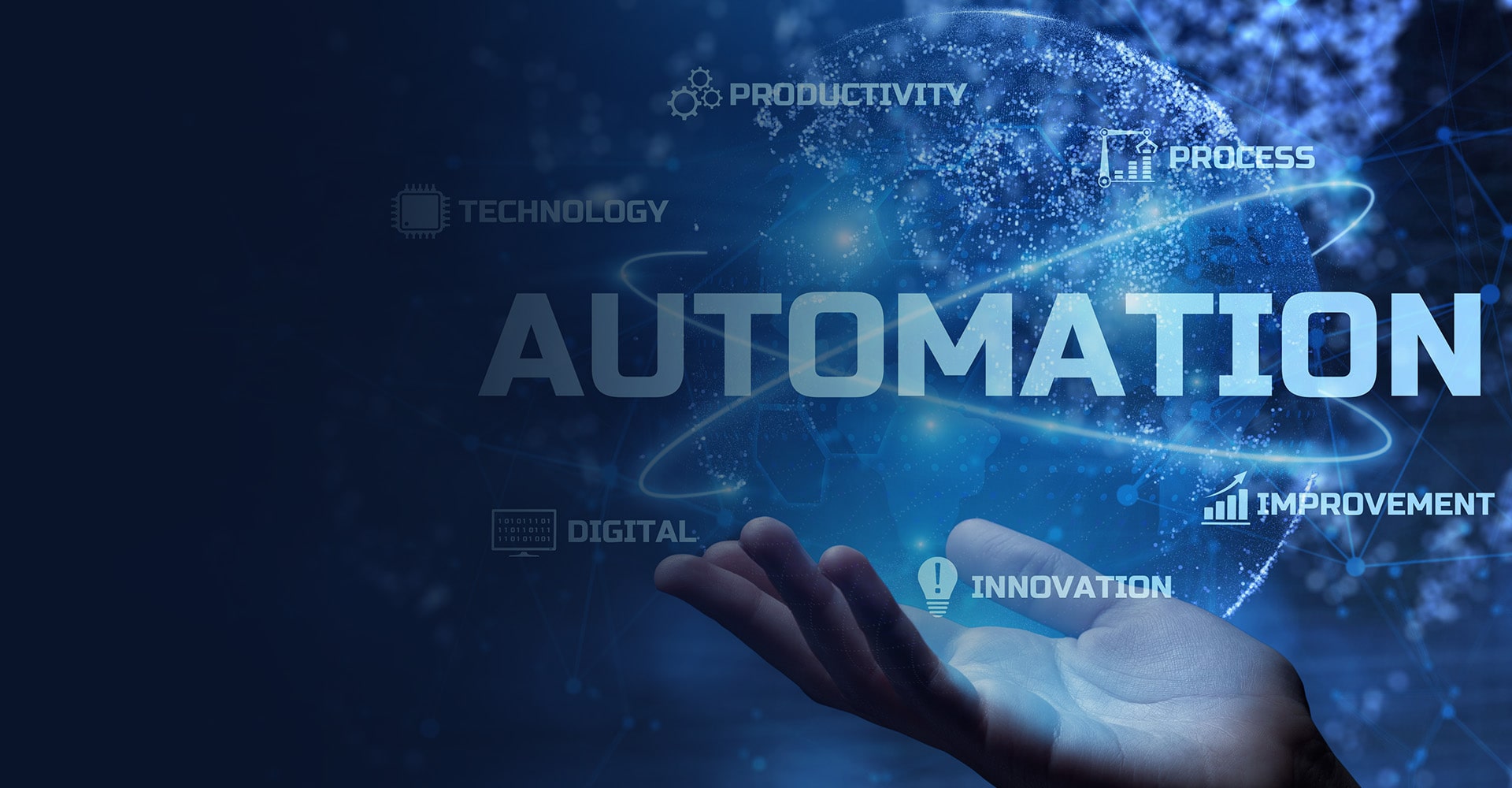In the late 1990s, “cloud” was not commonly associated with technology. It was certainly not recognized as the future of software.
Today, NetSuite’s cloud enterprise resource planning (ERP) system gives companies all the applications they need to run their businesses efficiently, while nurturing growth. Organizations of all sizes and across dozens of industries run on NetSuite, harnessing the vast capabilities of its applications for finance, supply chain, customer relationship management (CRM), human resources, professional services, e-commerce, and more.
Each software company is unique and requires the flexibility to adapt to today’s ever-changing business environment. The NetSuite ERP provider platform is built into NetSuite and offers multiple tools that empower you to configure and customize NetSuite to meet your specific business needs.
Let’s discuss a few challenges/needs enterprises face and how NetSuite addresses them.
- Processes Are Not Centralized
All too often, organizations use one software program for tracking and recording information, while accounting teams use another software solution, and HR uses another. As a result, each team within the organization is working on a different system, causing alignment issues, and different business reports, etc.
With an NetSuite ERP solution, your processes are centralized, meaning there is one source of information and interactions. ERP solutions eliminate the need for multiple front and back-end systems while providing a single source of information, reports, and analytics.
- Decision-Making is Faulty
Your ERP solution provides decision-makers with the best information delivered in real-time. Too many organizations suffer from data silos that keeps information closed to other parts of the business. Organizations cannot easily share and communicate information without a collaborative approach.
When you need data from multiple teams like finance, sales, warehouse, purchasing, production, and distribution, etc. to make the right decisions, you need a system that connects the dots and gives you the latest insights. ERP software facilitates better communication and data sharing, leading to more effective and intelligent decisions.
- Multiple Software Systems
Many businesses suffer from outdated legacy software systems. Many have had to be customized with third-party adaptations, software coding, or add-ons. The costs often mean executives are hesitant to replace older software programs that are expensive
These legacy programs usually involve manual entry and re-entry, costly workarounds and compromises, and efficiency compromises. Replacing a myriad of systems with a single integrated ERP technology means more efficient processes and fewer workaround expenses.
- Accounting Is Difficult and Time-Consuming
Most companies rely on paper invoices and sales orders, requiring hundreds of hours of manual entry, annually. It is also likely that their accounting and sales departments often need to be more coordinated regarding customer relationships for sales, discounts, bills, and payments lagging. With an ERP solution, the accounting team can automate many manual processes, thereby saving time.
Financial reporting can also suffer without an ERP systemin place. Reconciling financial accounts across multiple spreadsheets and programs makes it difficult to gain a clear financial picture. ERP software puts all the financial information in one shared database; with information quickly available, It helps the accounting team be more productive, accurate, and precise.
- It Takes Too Long to Retrieve Information
Speed matters in every business today. The company needs quick access to information to maximize profits and leverage new business opportunities. Older legacy systems make it much more difficult to extract, organize, report on, and use data effectively. ERP helps companies gain a holistic view of their business and enables employees to access the correct information at the right time to work efficiently.
- Inventory Management is Inaccurate
The supply chain needs to be visible and available, with in-the-moment information about suppliers, materials, and inventory rates. This information helps with reordering, production scheduling, customer service, and accounting. However, companies need better inventory management that relies on manual spreadsheets and files.
Inventory management tools are a common component of ERP solutions, giving businesses accurate information about materials on hand, in transit, and need of reordering. When inventory information integrates easily with customer relations, sales, and production data, there is better communication and business outcomes. When accounting team knows about upcoming purchases, customer service team can handle inquiries better with accurate responses, and sales teams can accurately quote prices and timelines.
- IT Teams Are Scrambling
When the IT team needs to maintain multiple systems, the business suffers. With legacy ERP systems, teams must stay on top of different solutions, upgrades, features, and maintenance issues for each software package deployed.
With an integrated, single source of technology, the company can reduce its IT staff's demands, letting them focus on more critical projects. With an ERP system, updates are downloaded and installed automatically, ensuring that security upgrades are added without delay.
- Mobile Access to Information is Spotty
As employees increasingly work remotely, there is a need for access to information from distant locations. Not having mobile access to information slows down work and decisions. NetSuite offers apps that work well on smartphones and tablets.
- Order-to-Cash
- Audit Trail Visibility
- Procure-to-Pay
- Tax Management
- Flexible Description Management
- Workflow Management
- Fixed Assets
- Integrated Financial Reporting
- Flexible Payment Acceptance
- Demand Planning Engine
- Supply Chain Intelligence with MRP
- Cost Management
- Inventory Control
- Inventory Visibility
- Shop Floor Management
- Manufacturing Routing
- Multi-Book Accounting
- Bills of Material
NetSuite’s ERP Software Advantages
NetSuite’s advantage is that it is the first solution that delivers a promise of intelligent, integrated, and more straightforward applications for growing midsize businesses for the following reasons:
- Intelligent
All corporate data can be held in one single database, giving access to key performance metrics on a customizable and real-time dashboard. It helps in a quick decision-making process.
- Integrated
a single, powerful application that combines the complete customer-facing CRM and Ecommerce capabilities with a back-office Accounting/ERP and self–service portals for partners. Overall, this will allow companies to unite fragmented data and automate all end-to-end processes.
- Simple
NetSuite has made all the implementations faster and less expensive than traditional business applications. The modularity in the NetSuite application phase will help the implementation according to the company’s needs. Being a web-based on-demand solution, it will reduce the total cost of ownership.
Why Should You Collaborate With Jade Global?
There are many NetSuite ERP benefits when you partner with us. Provided below are a few reasons your company will benefit from a partnership with Jade:
- We initiateas we understand all your objectives and deliver the functional scope
- We analyzeyour business needs and develop a project work plan according to that
- We designwith the help of a Customization Solution Design & Integration Design as NetSuite addresses your business needs
- We configure NetSuite’s solution in a way that adapts to your business
- We validatethe solution so that it is easily deployed
- We deploythe solution so your business is now powered with NetSuite
- We optimize,learn from the solution, and move to NetSuite support
Jade Global is a strongly tied NetSuite Systems Integrator partner delivering functional and technical implementations, optimization, and managed services. We have the right mix of domain knowledge, system expertise, and technical skills for NetSuite ERP implementation, optimization, and maintenance. We provide the flexibility to adapt and respond to your changing business needs. Our experts handle fluctuating workloads without letting these disruptions increase your implementation cost.
Jade has prebuilt, defined templates and data models from past integration solutions, allowing us to quickly start your projects.
Jade Value-Add Services
(A) Kanverse Adapter for NetSuite:
- Invoice Scanning Solution (IDP) to Create Vendor Bills & Approvals
(B) Industry Solutions for Hi-Tech and Life Sciences:
- Preconfigured NetSuite Instance
- Salesforce Integration With Three Different Pricing Options
- Contract Manufacturing (CMO, CPO), 3PL Integrations for Life Sciences
(C) JSFM (Jade Shop Floor Manager) SuiteApp:
- Full lot control in WIP
- Integrate With NetSuite
- Use the Native Application Features for Costing, Planning, and PLM
- Jade B2B for Subcon Integrations
- Supports Binning and Grading
- View Full Lot Genealogy
Conclusion
In today's fiercely competitive business environment, it's more important than ever to have a cohesive solution that can streamline operations and fuel growth. NetSuite ERP is an excellent solution that helps businesses achieve their goals efficiently. Jade's prebuilt templates and data models enable you to expedite project implementation and completion, allowing you to focus on your core business activities. Partnering with Jade for NetSuite ERP means you'll get the most out of your investment, giving you a competitive edge and positioning you for long-term success.












